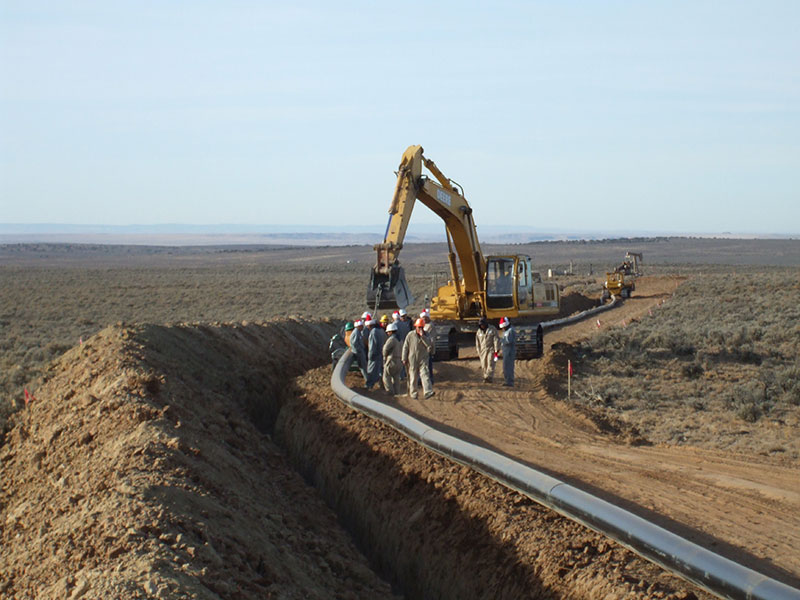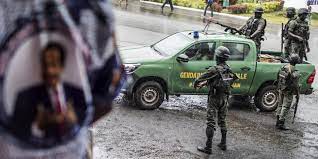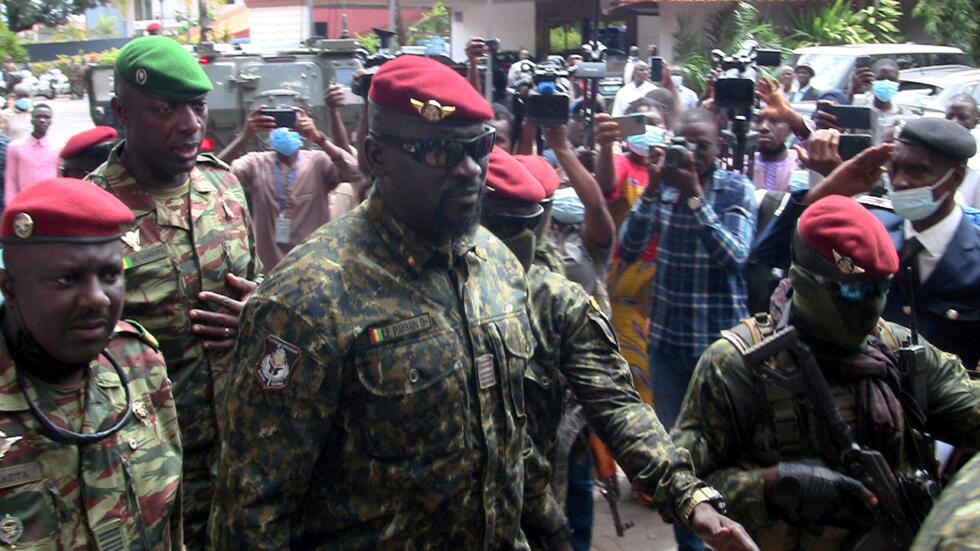Proponents of the planned Central African pipeline network encompassing seven regional states argue the project could revolutionize energy access, but critics question the funding, refining capacity and the environment.
Central Africa, which is well-known for its insecurity and coups d’etat rather than commerce, is often left out of discussions about Africa’s energy transition. The sub-region has the continent’s poorest electricity access where over 580m Africans lack access to electricity and 730m lack access to clean fuels, according to the International Energy Agency. But now the proposed oil and gas pipeline network connecting Equatorial Guinea, Cameroon, Gabon, Chad, the Democratic Republic of Congo, the Republic of Congo and Africa’s second biggest oil producer, Angola, has given some hope to Central African nations that they may finally be able to boost oil and gas supply and take control of their energy futures.
The aim is to build three multinational oil and gas pipeline networks measuring over 6,500km, including storage depots, liquefied natural gas terminals, at least three refineries and gas-fired power plants. Proponents say the ambitious partnership could help end energy poverty for some of the world’s most vulnerable people — and boost long-suffering economies. But some are more critical and skeptical of the project. “It would be too simplistic to believe that the pipeline will lift people out of poverty — the evidence of the resource curse is well documented,” cautions Carole Nakhle, a leading energy expert and CEO of Crystol Energy. “It takes much more than a pipeline to support sustainable economic growth.”
There are also questions over funding, even though regional financial institutions were reportedly prepared to finance the project. Pooling resources from several nations offers an interesting prospect for cash-strapped African governments, but it will not be enough. With Western countries reluctant to support new oil and gas projects in Africa as the world transitions away from dirty fuels, there is still the possibility that China, India or Russia could potentially back the project. Yet another obvious major challenge to the ambitious project is regional insecurity, with political and armed conflicts destabilizing eastern DR of Congo, Cameroon, Chad and Central African Republic.



